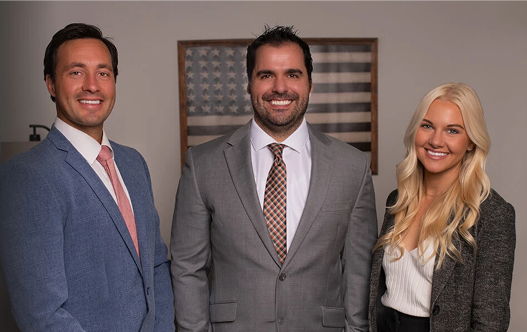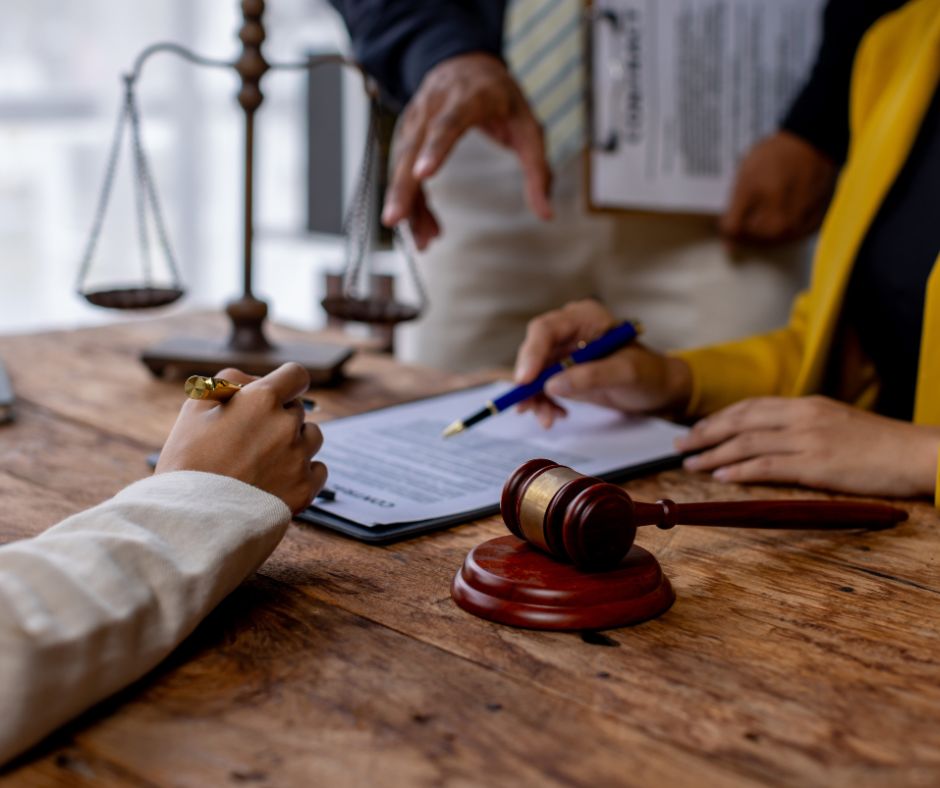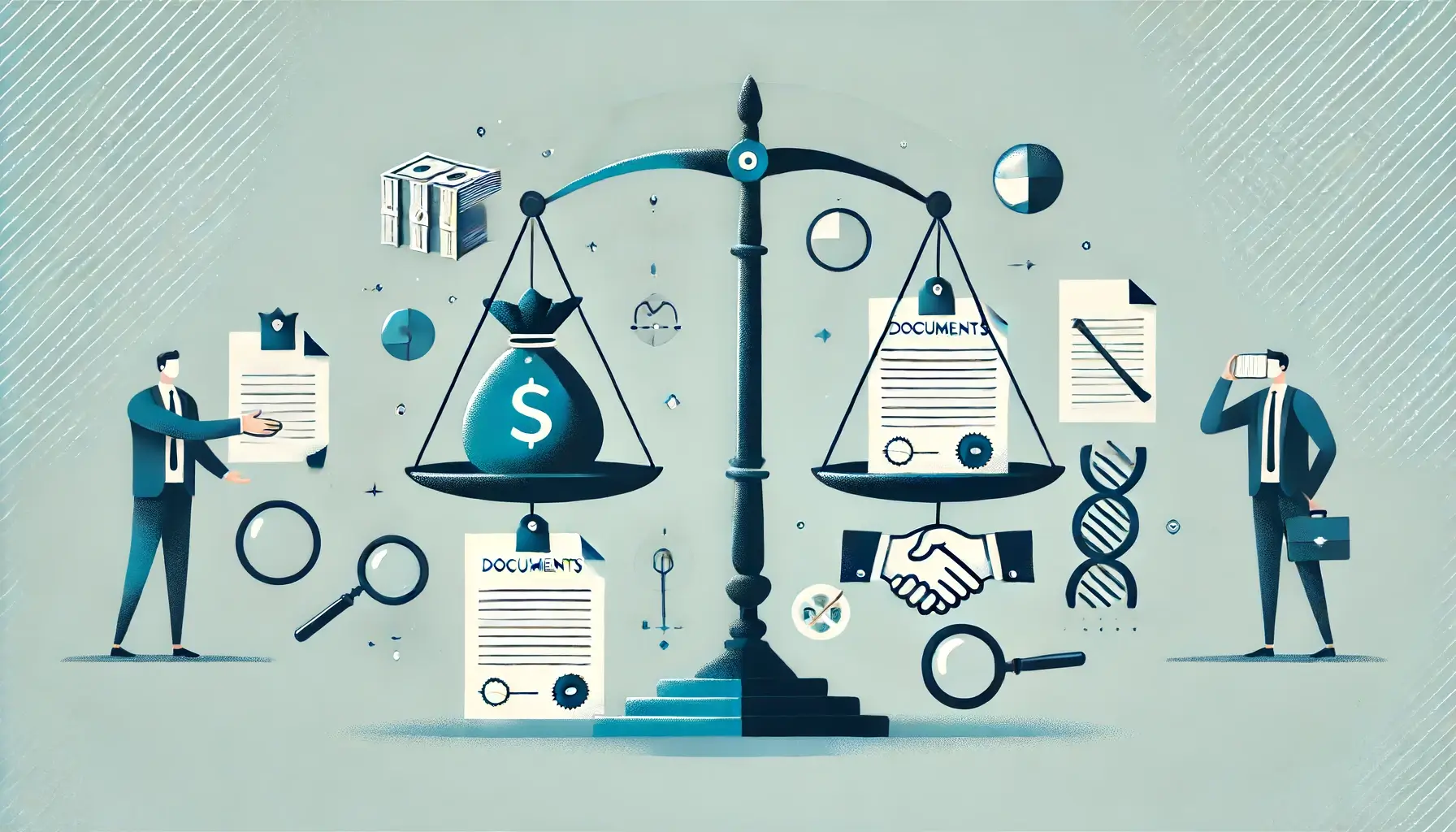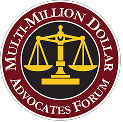Resources
- If you are being abused, call the National Domestic Violence Hotline at 1-800-799-7233 or 1-800-787-3224 (TTY) or visit thehotline.org
- If you are a teen being abused call the National Teen Dating Helpline at 1-866-331-9474 or visit loveisrespect.org
- If you have been raped or experienced sexual violence, call the National Sexual Assault Hotline at 1-800-656-4673 or visit rainn.org
- For safety planning, safe shelter, and counseling, contact W.E.A.V.E.: When Everyone Acts Violence Ends 1-866-920-2952 weaveinc.org
Who Is Liable For Damages?
When most people think of sexual assault, they often picture just two people: the perpetrator and the victim. Nevertheless, in some cases, the negligence of third parties can contribute to the assault or harassment. And when third parties are involved, they too can be liable for damages.
Employers
The workplace can create a hunting ground for perpetrators seeking close access and easy contact with victims. In fact, sexual harassment in the workplace is quite common. Unfortunately, a workplace harassment victim faces the added stress of termination if the abuse interferes with job performance. Common forms of sexual harassment occurring in the workplace include:
- Unwanted physical touching;
- Unwelcomed sexual advances, especially if repeated;
- Offers of employment benefits in exchange for sexual favors;
- Repeated exposure to inappropriate sexually charged jokes; or
- Displays of inappropriate or derogatory sexually charged imagery.
Victims of sexual harassment in the workplace must report the abuse to someone within the organization if they want their situation to change. Ideally, the person you report to will put a stop to the harassment. Unfortunately, things do not always go that smoothly in real-world situations.
So if you report abuse and get no results, you can then file a complaint with the California Department of Fair Employment and Housing (DEFH). The DEFH evaluates your complaint and determines if your claim has merit. If it does, the DEFH issues a “right to sue” notice. This notice entitles you to file a civil lawsuit seeking monetary compensation against your employer, the perpetrator of the harassment, or both.
A three-year statute of limitations applies to filing a DFEH complaint. After the DFEH issues the right to sue notice, you have one year to file a civil suit.
Sexual Harassment by a Co-Worker vs. Sexual Harassment by a Supervisor
The standard of proof for an employer’s liability changes depending on whether a co-worker or supervisor committed the sexual harassment. If the perpetrator is a supervisor, your employer is strictly liable for damages arising out of that harassment. So even if the employer was not negligent, they are liable.
Alternatively, if a co-worker sexually harassed you, the employer is only liable if they were negligent in handling the situation. The law considers an employer negligent if they knew or reasonably should have known about the sexual harassment but failed to take the appropriate action to remedy it.
A Modesto sexual harassment attorney at Silva Injury Law, Inc., can help you determine what steps to take when filing a civil lawsuit for sexual harassment.
Business Owners
California business owners have a duty of care towards their customers. This duty mandates that they take reasonable steps to prevent customers from being exposed to harm. A failure to do so is considered negligent. Generally speaking, unsafe conditions that are recognized or should have been recognized by the business owner can result in liability if that condition injures a customer.
In the context of sexual abuse or harassment, consider the following example.
Example
Sally, the owner of Little Tots Daycare, hires Jenny as a childcare teacher. Sally fails to perform a background check on Jenny, where she would have discovered that Jenny is a registered sex offender and prohibited from being around children. Jenny subsequently sexually assaults a child in the daycare. As the owner, Sally is liable for the harm suffered by the victim. Sally breached her duty of care by not performing the background check, which would have safeguarded the children in her care.
Medical Institutions
Medical institutions can face liability if a member of their staff sexually assaults a patient in their care. The perpetrator’s employer has liability under the legal theories of negligent hiring, negligent supervision, or vicarious liability.
Negligence
The first theory available for holding medical institutions liable for the misconduct of their staff is negligent hiring or supervision. To succeed on this theory, you must prove:
- The employee was unfit for the job at the time the company hired them;
- The employer knew or should have known the risks the employee posed to patients;
- The employee’s lack of fitness was the cause of harm; and
- The employer’s negligence in hiring, supervising, or retaining the employee was a substantial factor in causing the harm.
The fact that an employee committed the sexual assault intentionally does not absolve his or her employer from liability. A Modesto sexual assault attorney can assess whether or not your case meets these elements and help you decide whether you wish to file a claim.
Vicarious Liability
Vicarious liability, or respondeat superior, means employers are liable for employee misconduct as long as it occurred on the job and within the scope of employment. However, it is safe to assume that committing crimes falls outside the scope of any employee’s duties at a medical institution. Thus, the negligence theory is typically a more viable option when seeking to hold a medical employer accountable for their employee’s actions.













 EMAIL
EMAIL  AI-search
AI-search  Access
Access